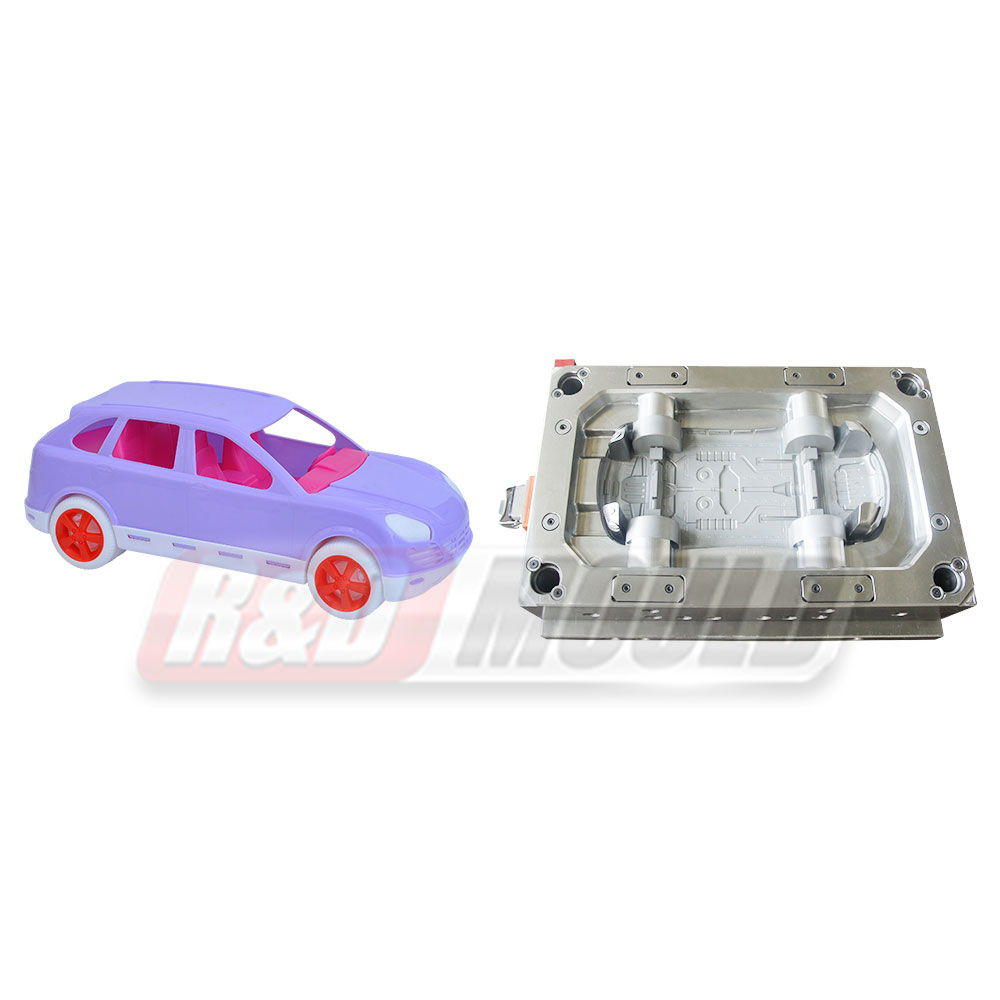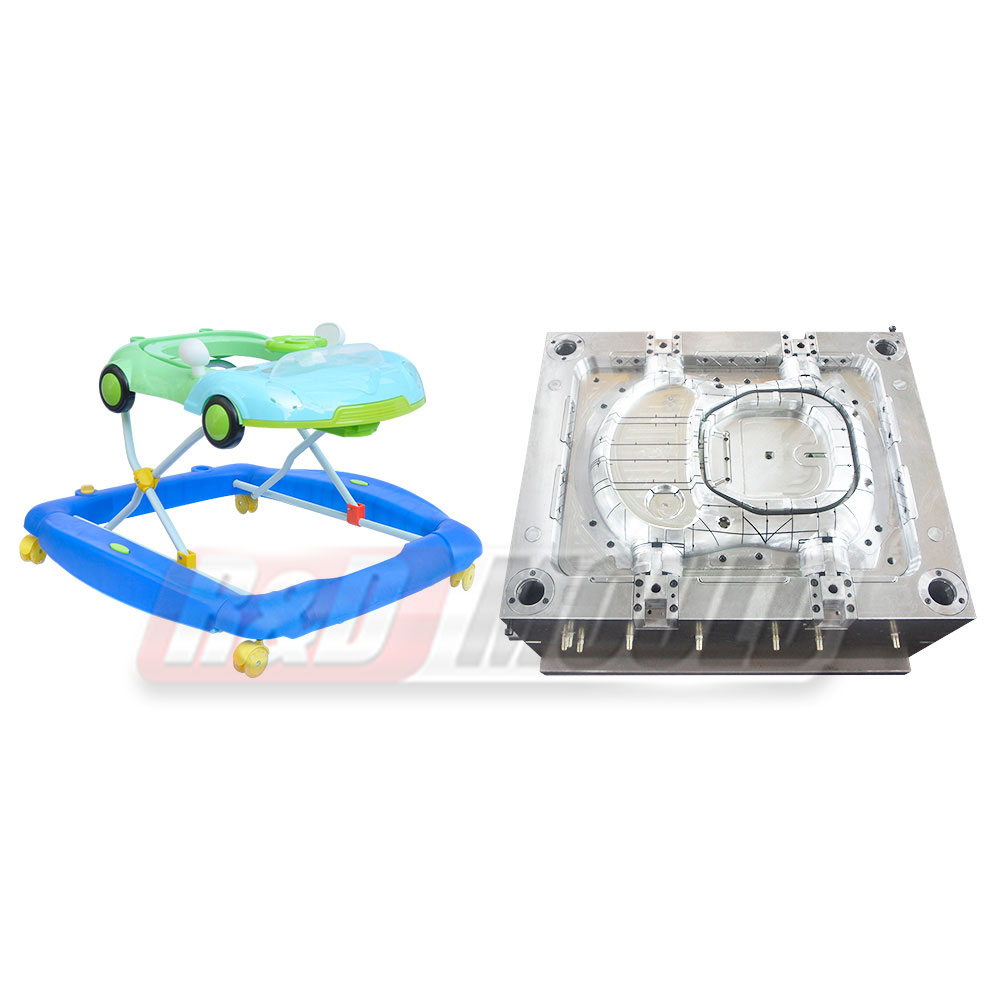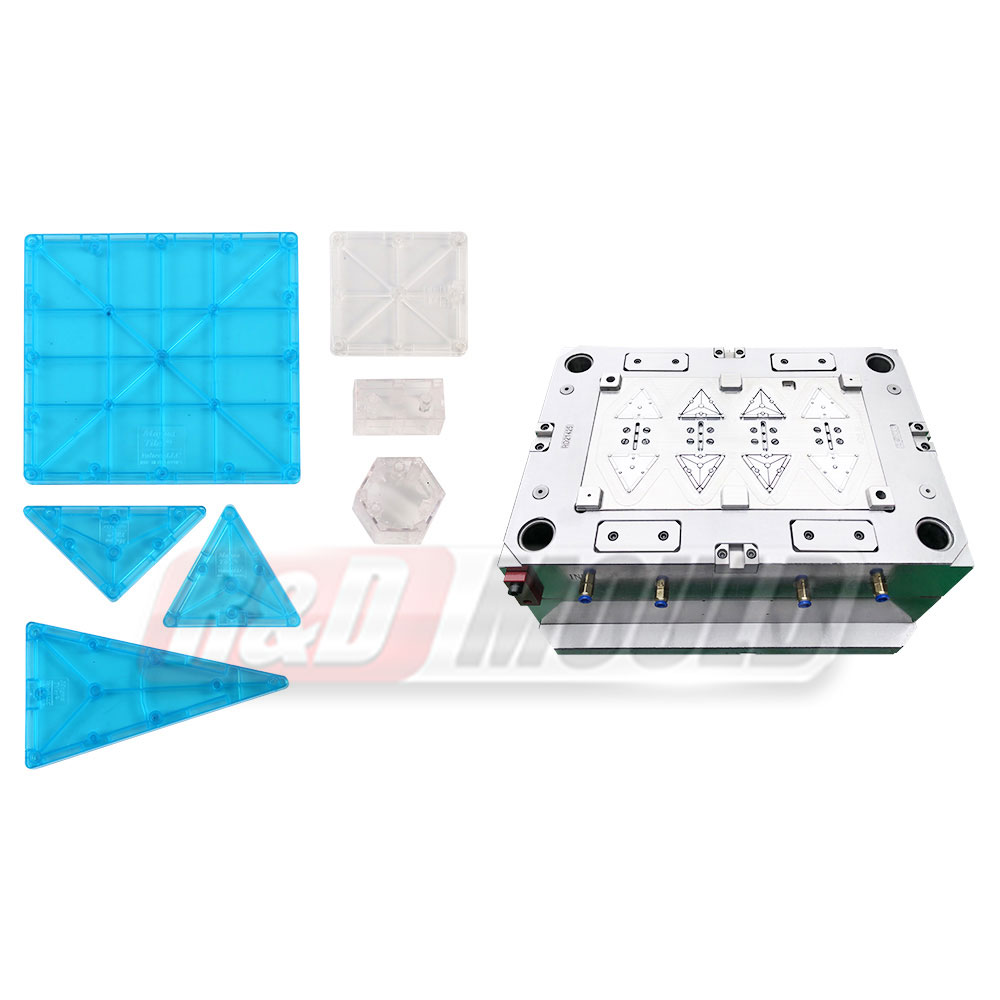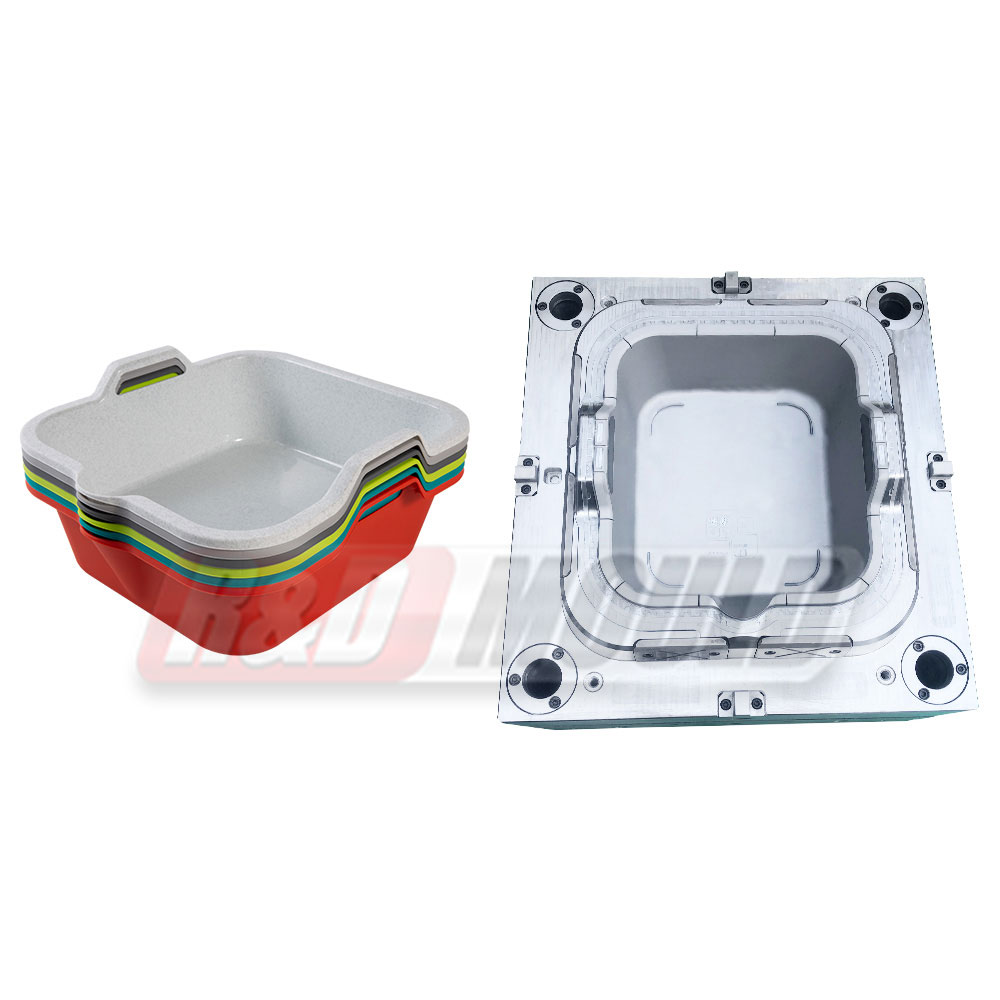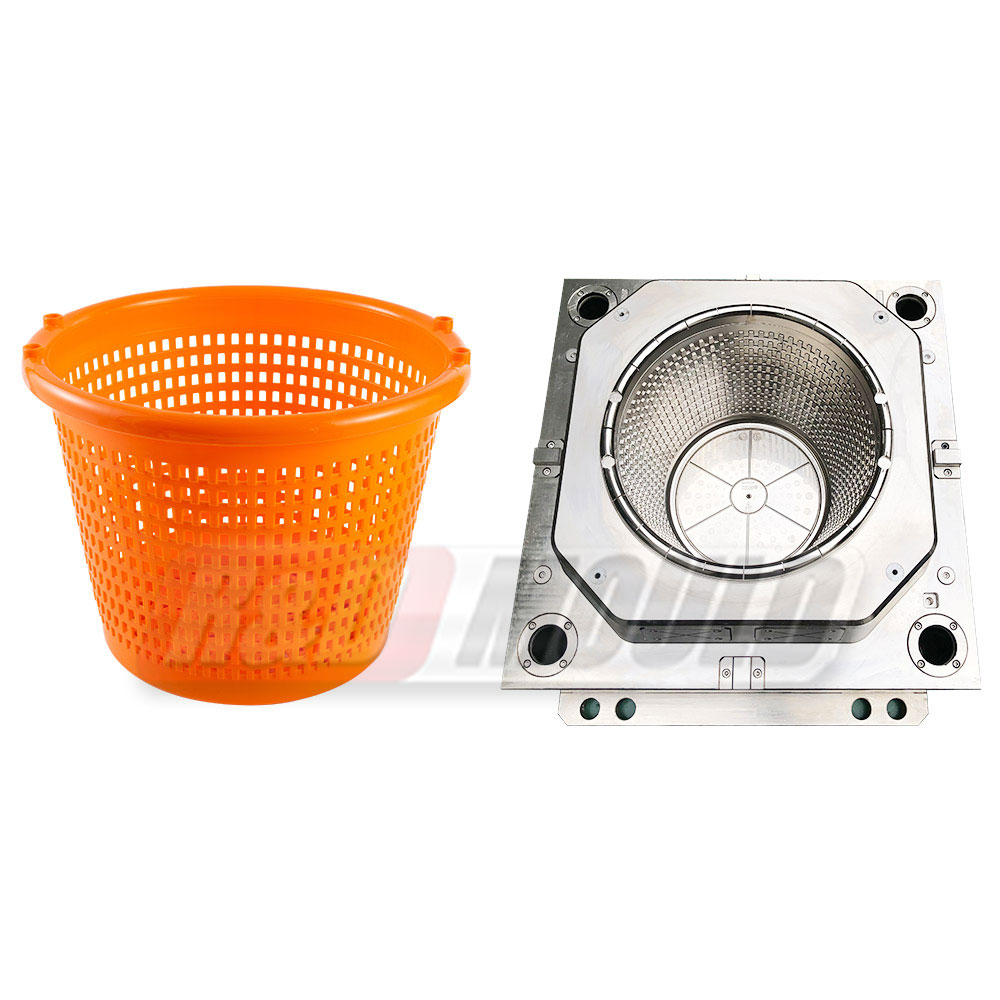In recent years, global demand for Household Mould has shown steady growth, especially in emerging markets across Africa, Southeast Asia, and the Middle East. As living standards improve and urbanization accelerates in these regions, plastic household products such as chairs, storage boxes, buckets, and basins have become essential. Behind the large-scale production of these items lies the quiet yet vital contribution of Household Mould technology.
Household Mould plays a central role in the mass manufacturing of functional and affordable plastic items. The consistent structure, durability, and aesthetic appeal of these products depend heavily on the precision and quality of Household Mould design. As demand for such products rises, so too does the requirement for reliable, high-output Household Mould solutions.
In Africa, the rise in population and housing development has led to a sharp increase in demand for plastic furniture and household storage solutions. A Nigerian plastics manufacturer recently partnered with a mold supplier in China to develop a series of stackable storage bins and plastic stools using multi-cavity Household Mould. The partnership helped the company reduce unit production costs by 18% while doubling its monthly output. This allowed them to meet growing demand in local markets and expand into neighboring countries like Ghana and Kenya.
Southeast Asia presents a similar growth story. In Indonesia and the Philippines, plastic household products are commonly used in both rural and urban settings. A manufacturer in Surabaya reported that switching to a hot-runner Household Mould system reduced cycle times by 22%, allowing for faster turnaround and improved energy efficiency. This enabled them to scale production of laundry baskets and water buckets to meet seasonal spikes in demand.
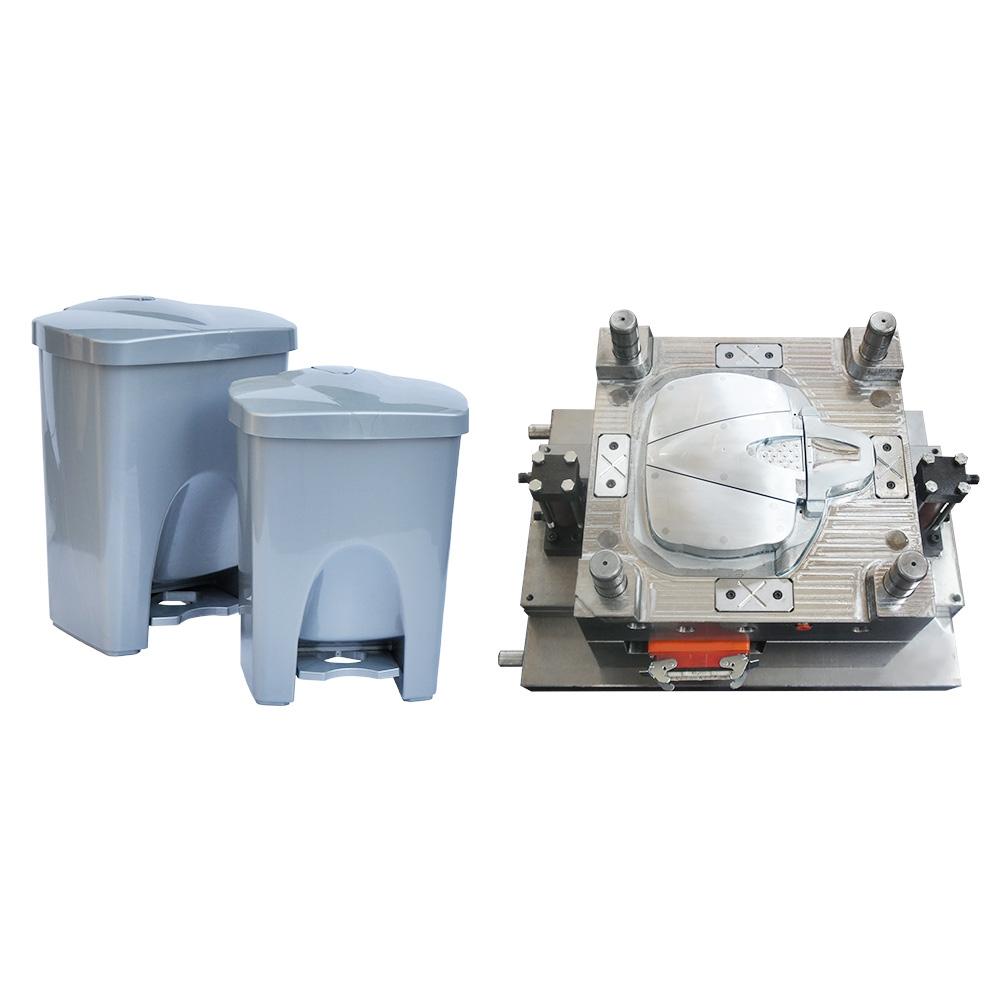
The Middle East has also shown rising interest in customized Household Mould designs, especially for plastic chairs, waste bins, and decorative storage boxes. A company based in the UAE recently invested in high-precision Household Mould tooling to produce plastic homeware for retail distribution across the Gulf Cooperation Council (GCC) countries. Their injection molding system, powered by optimized cooling channels within the Household Mould, enabled smoother surfaces and fewer defects—key requirements for products destined for modern retail shelves.
What makes Household Mould attractive for manufacturers in these regions is its ability to support high-volume, cost-effective production with consistent quality. The molds are adaptable to various thermoplastics such as PP, HDPE, and ABS, depending on product requirements. In addition, Household Mould suppliers are now offering more customization options, allowing clients to add brand logos, change product dimensions, or implement ergonomic improvements—all without sacrificing efficiency.
Digital design tools like CAD/CAM software have also improved the accuracy and lead time of Household Mould production, making it easier for small and mid-sized factories in developing countries to access high-quality tooling at reasonable costs. This has opened up new possibilities for localized manufacturing and import substitution.
As consumer preferences shift toward affordable, reusable, and aesthetically pleasing household products, the importance of Household Mould continues to grow. With expanding populations and a rising middle class in Africa, Southeast Asia, and the Middle East, the global outlook for Household Mould remains positive. Suppliers that offer technical support, customization, and fast delivery are well-positioned to benefit from this sustained demand across emerging economies.





 English
English عربى
عربى Español
Español Français
Français